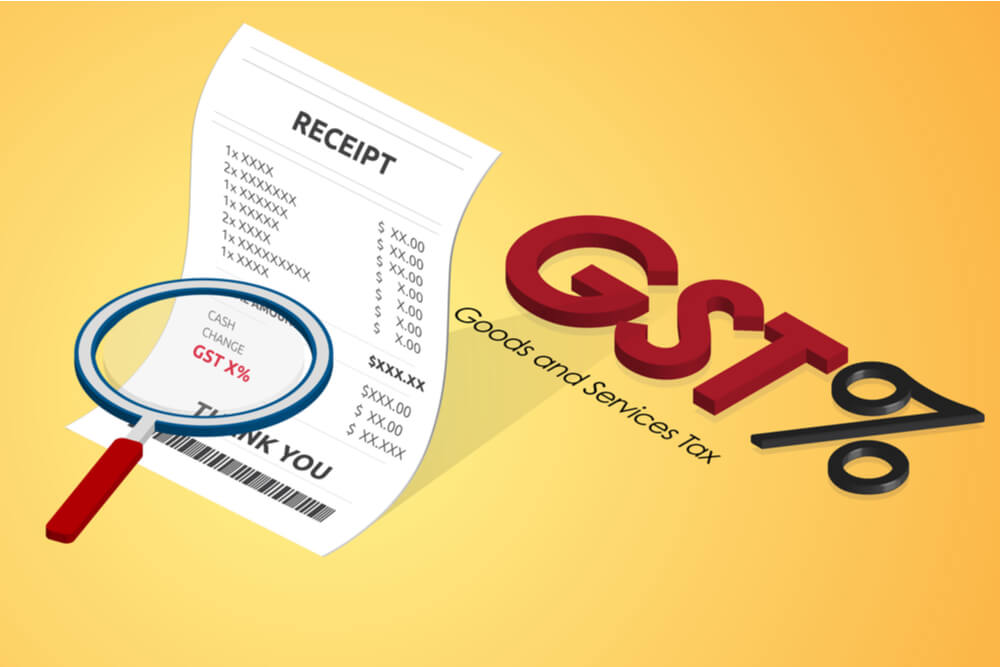 Last updated: January 25th, 2020 1:02 PM
Last updated: January 25th, 2020 1:02 PM
38th GST Council Meeting
The much-awaited 38th GST Council Meeting was held on 18th December 2019. The Minister for Finance chaired the GST Council. Attendees of the meeting included Minister of State for Finance, Anurag Thakur along with other senior officers, finance ministers of states and union territories. The GST Council Meeting discussed on GST rate changes, changes to law & procedure pertaining to GST. Along with other discussions, it also highlighted the trends of GST collection for the year 2019. The following mentions the highlights of 38th GST Council Meeting:Government Press Release
The following mentions the Government press release on the major decisions:Rate Changes & Exemptions
The below following details the changes made to GST rates to goods and exemptions implemented by the GST Council. For the first time in the history of GST council meeting, voting was opted to decide on GST rate of lotteries.GST Rate Change
- The single rate of GST for State-run and State-authorised lotteries shall stay at 28%. The rate shall be termed effective from 1st March 2020.
- The GST council meeting altered the GST rate to 18% to 12% based on the discussion from the last council meeting. This change of rate will be effective from 1st January 2020. The rate changes shall apply to the following goods:
- Woven and Non-Woven Bags,
- Sacks of polyethene or polypropylene strips (whether laminated or not) and
- Used for packing of goods (HS code 3923/6305) including Flexible Intermediate Bulk Containers (FIBC).
Exemption to Infrastructure
The Council shall exempt from paying upfront fee from entities having 20% or more ownership of the Central or State Government. The exemption shall apply to long term lease of industrial or financial infrastructure plots. Currently, the exemption applies if the entity has 50% or more ownership of Central or State Government. This change shall become effective from 1st January 2020. For detailed information on the press release on GST rate change and Exemption to infrastructure, Scroll below:Law and Procedure Related Changes
The following details the recommendations from the GST Council on changes to the Law and Procedures:- To address the grievances of taxpayers, the Council shall constitute Grievance Redressal Committees (GRC) across all IT Zone level and State level. These committees shall include personnel from CGST, SGST offices, representatives of trade and industry and other GST stakeholders (GST practitioners and GSTN etc.). The grievance committees will provide support to the respective Zone level and State level.
- The last date for annual return extended to 31st January 2020 in Form GSTR-9 and reconciliation statement in Form GSTR-9C for FY 2017-18.
Form GSTR-1
The following measures particularise the recommendations from the GST Council on Form GSTR-1:-
- Late fee for the Form GSTR-1 for July 2017 to November 2019 does not apply upon filing on or before 10th January 2020. The fee waiver applies to all the taxpayers.
- Access to E-way Bill shall remain blocked if the taxpayer has not filed Form GSTR-1 for two consecutive tax periods.
Input Tax Credit (ITC)
- ITC shall reduce to 10% of the eligible credit if Form GSTR-2A does not reflect taxpayers' invoices or debit.
- Severe and suitable action will be taken if the taxpayer fraudulently availed input tax credit through fake invoices.
Procedures
- GST Council advised the tax officers to formulate a Standard Operating Procedure (SOP) to take action for non-filing of Form GSTR-3B.
- The last date of filing of GST returns for the month of November 2019 shall extend for few North Eastern States.
- The Council also approved various law amendments. The amendments shall reflect in the Budget 2020.
GST Revenue Trends
The GST Council presented a presentation on the revenue, GST rate structure and compensation. The presentation projected the needs of the States. After the presentation, the council covered wide range of issues such as voluntary compliance. Additionally, it also covered expanding tax base, improving return filing, tax collection, etc. Later, the council discussed on e-invoice, new return system and QR code on bills. GST Council gave suggestions on analysis regarding exemption and concession impact analysis including tax base analysis. The Council further covered sensitivity analysis and compliance measures to keep up the pace to meet revenue needs in the forthcoming days. The Council also directed the states for expeditious implementation of IT and other initiatives. For more details on the press release, Scroll below: Prior to this GST meeting, the Minister for Finance and Corporate Affairs held the Pre-Budget consultations with Finance Ministers of States and Union Territories in the morning. The planning meeting was attended by the State finance ministers and officers.Popular Post

In the digital age, the convenience of accessing important documents online has become a necessity...

The Atalji Janasnehi Kendra Project that has been launched by the Government of Karnataka...

The Indian Divorce Act governs divorce among the Christian couples in India. Divorce...

When an individual has more than a single PAN card, it may lead to that person being heavily penalised, or worse,...

Employees Provident Fund (PF) is social security and savings scheme for employee in India. Employers engaged...


